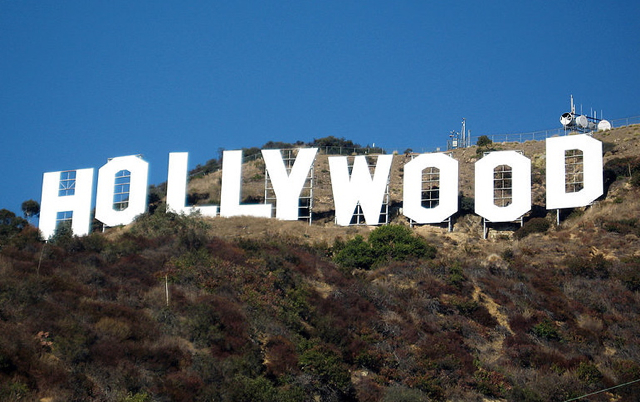Hollywood & Media: No One Owns Customers, Metadata Rules
January 5, 2016
The argument over who owns customers is over. “The customer will own himself more than ever,” says Ipsos executive Jake Dorn. “Who will own the data/metadata and who will make it actual? That’ll have a huge impact on the experience we see in the future.” TiVo executive Evan Young agrees. “We see people rebelling,” he says. “They’re shifting their habits to the media that suits their need, dropping on and off [outlets].” ICM’s Jonathan Perelman adds, “the consumer doesn’t care where it is or how it’s been made.”
In a panel on “The Internet, Media and the Hollywood Connection,” moderated by Deloitte & Touche’s David Cutbill, Dorn, Perelman and Young were joined by The QYOU chief executive/co-founder Scott Ehrlich; EMC/Isilon media & entertainment CTO Tom Burns; and Comcast executive Randall Hounsell for a wide-ranging discussion on the intersection of Hollywood with various platforms.
Dorn noted the importance of smartphones in today’s media environment. “You’re getting a device explosion of more personal high definition, low cost devices,” says Dorn. “Mobile taking restraints off of content.”
Young agrees that mobile has been a significant growth area. “We’re reaching a point where there is some saturation,” says Young. “People watch 40 hours of TV a week, and, for a little while, mobile viewing was a great additive not taking away from TV. Now that’s not true. Any new service or device will fight against what you can do on mobile or on TV. You’re fighting for people’s time.”
Ehrlich notes that, although VR/AR will get the headlines in the next three years, the “real work” will be “around leveraging, harnessing and using the metadata that people are creating around the content they use.”
“That will drive the user experience and innovation across all platforms,” he says. “It’s a whole lot less sexy than VR but I think that’s where useful innovation will occur.”
The experimentation going on with VR is three pronged, notes Burns. “First is the remote presence of an event, a better 3D version of FaceTime,” he says. “The other two points are documentaries such as ‘Wild’ and location-based entertainment.” How to monetize it? That’s part of the experimentation, he says.
Perelman believes that “more people will experiment with many different kinds of storytelling,” including traditional, VR, and short-form. “Linear isn’t dead,” he says. “What will be interesting is how you monetize or pay for the content will change. I believe brands will become great Hollywood producers, harking back to the 1950s.”
With regard to content, Burns points to the podcast “Serial” as reviving narrative techniques from Charles Dickens. “I’d be interested to watch us adopt older storytelling models as a way of coping with new technologies,” he says.


No Comments Yet
You can be the first to comment!
Sorry, comments for this entry are closed at this time.